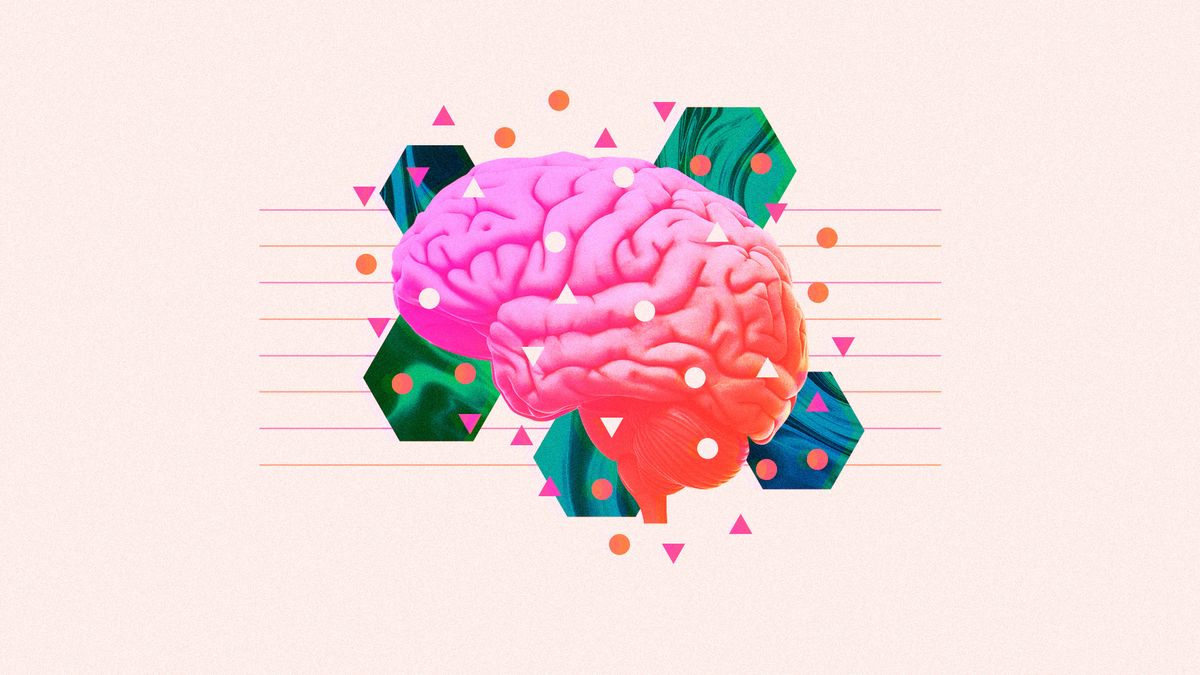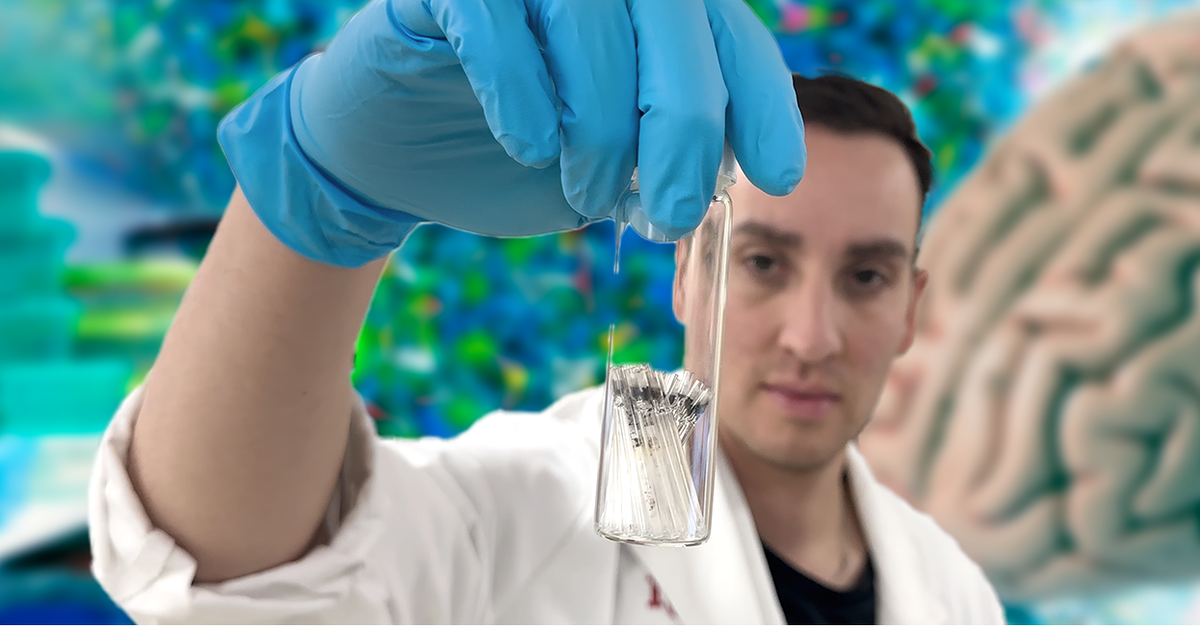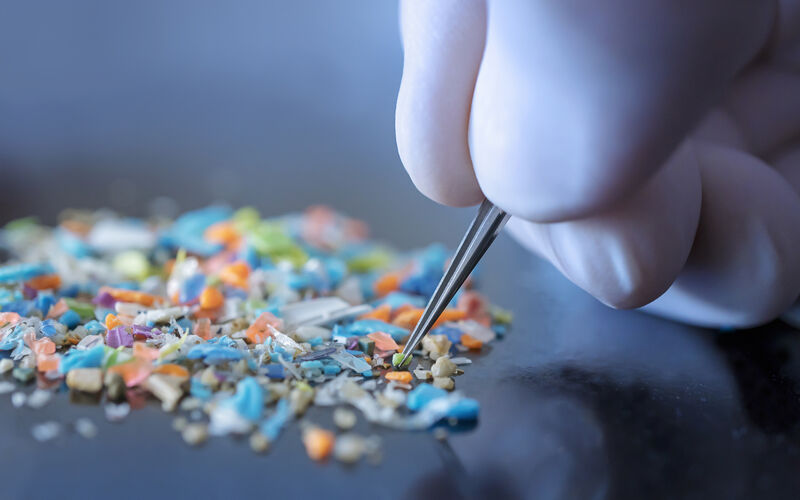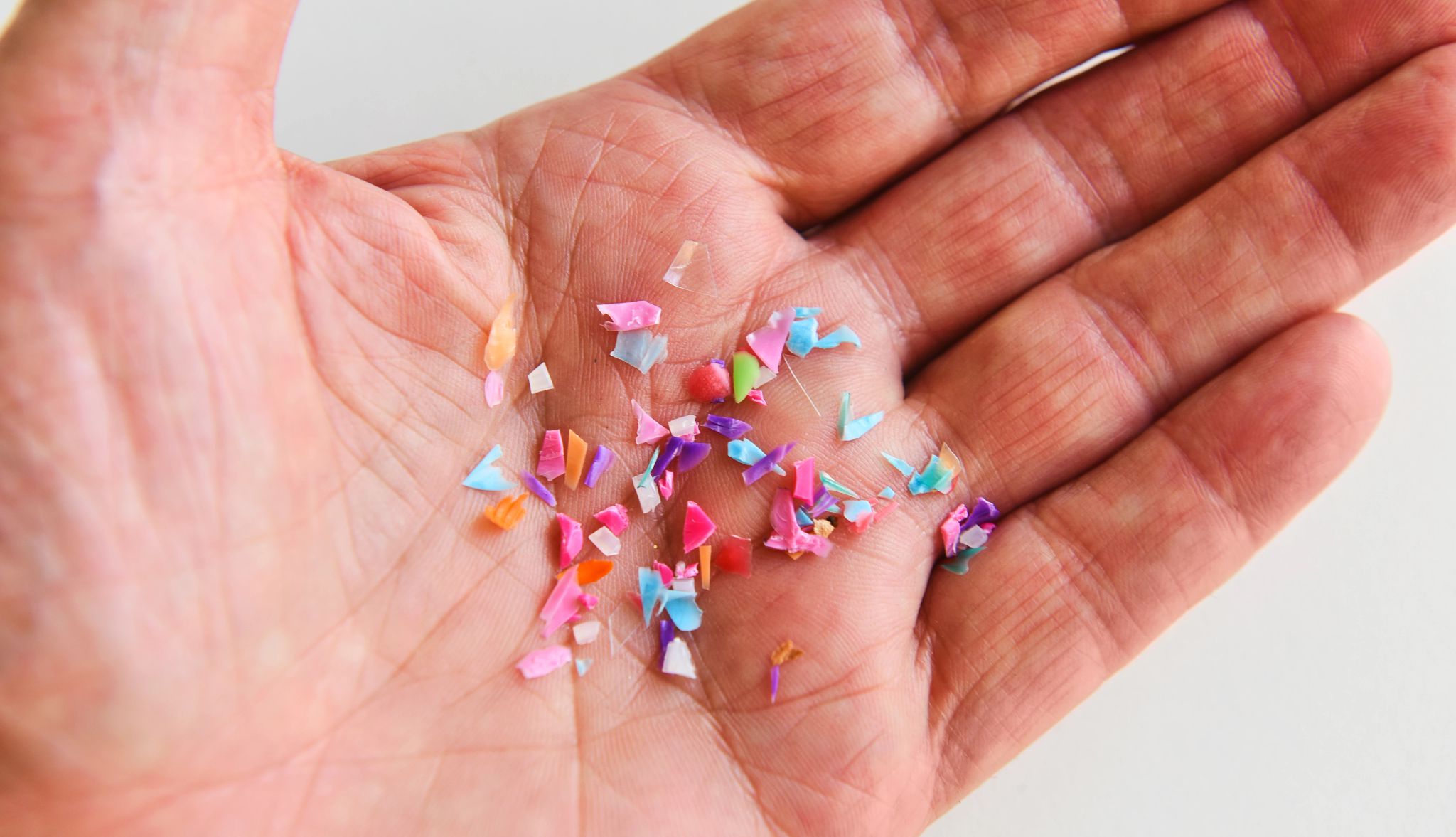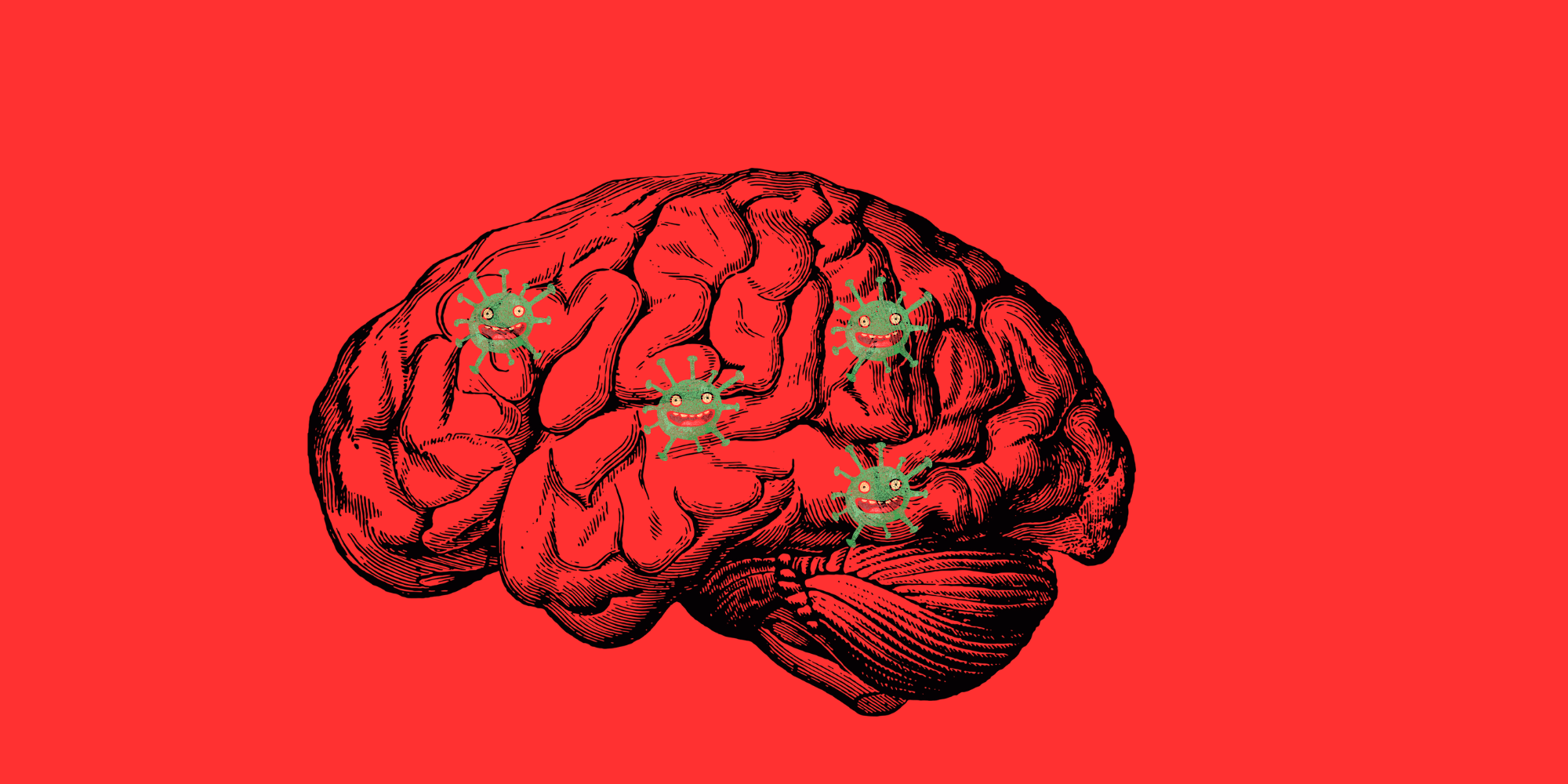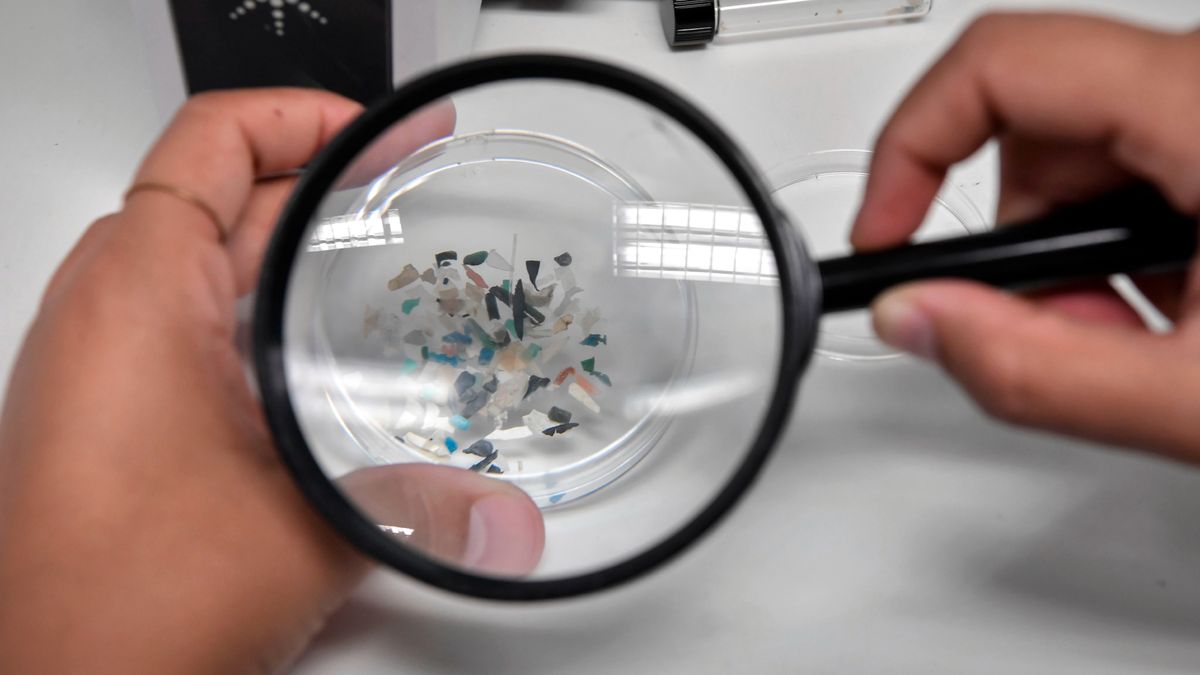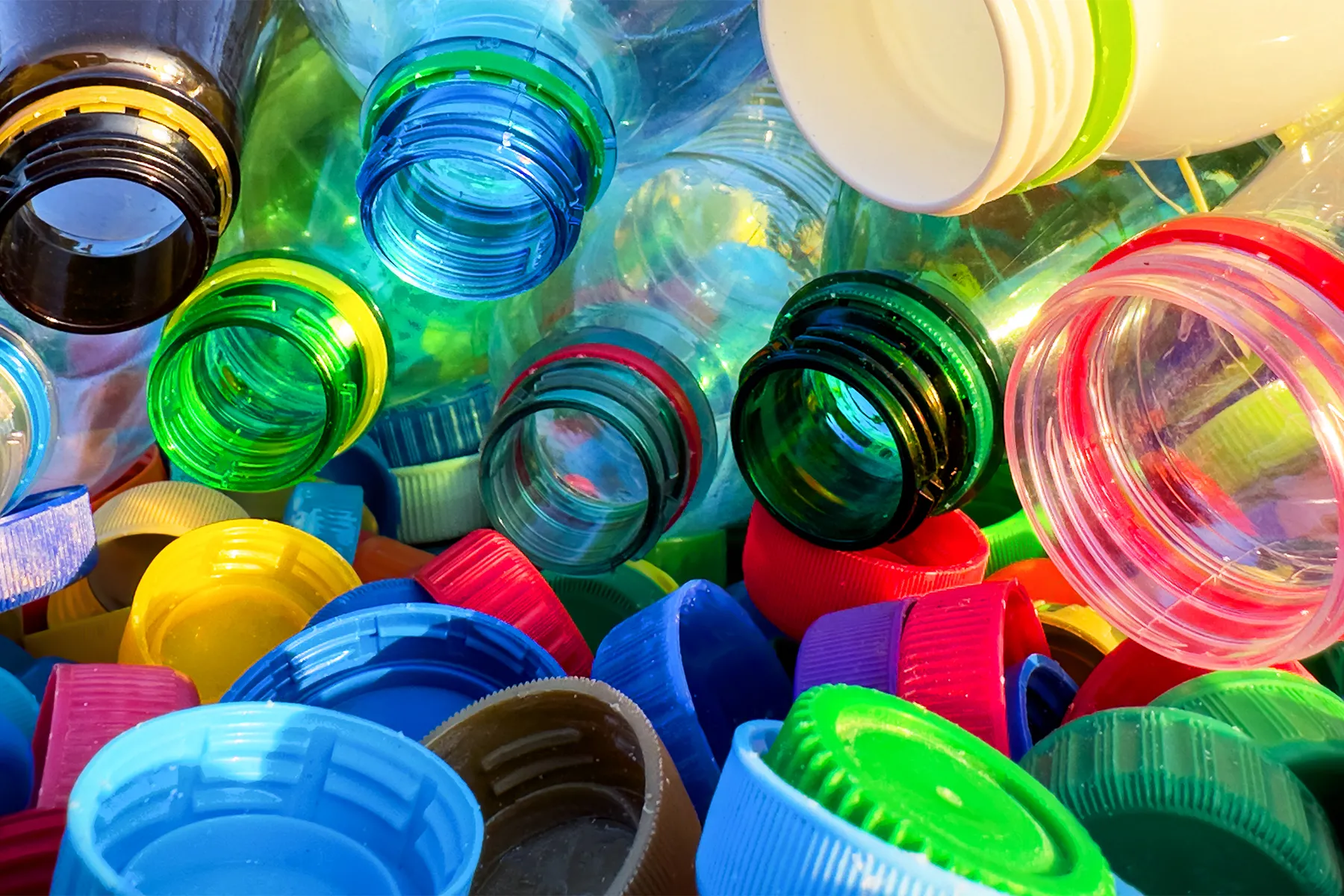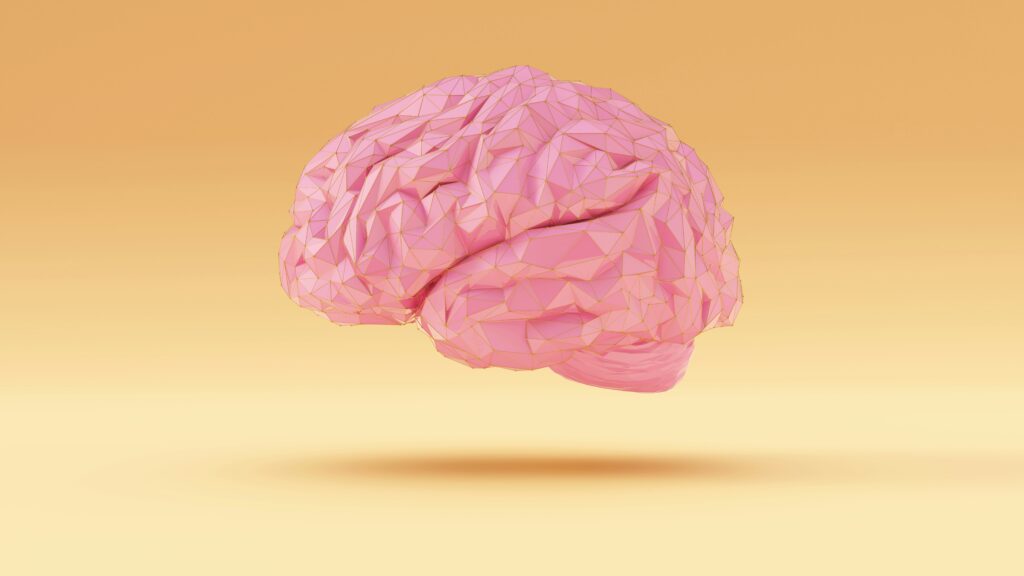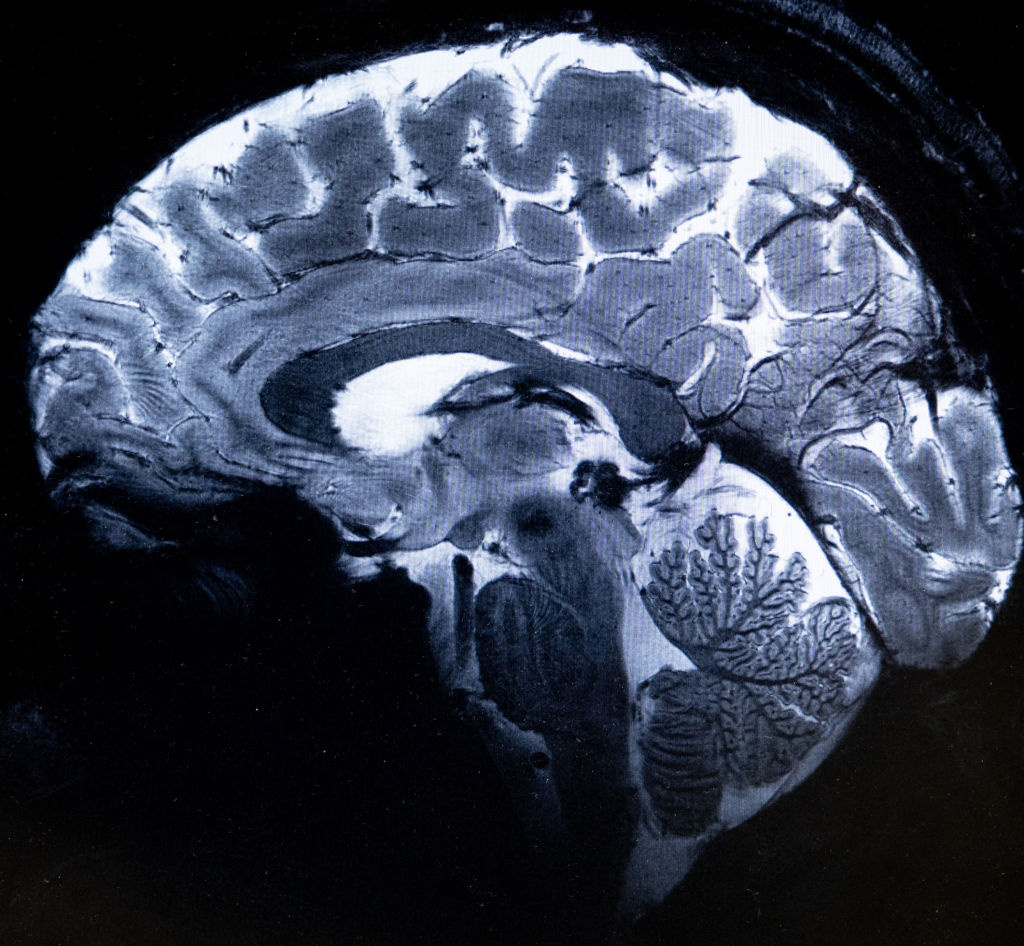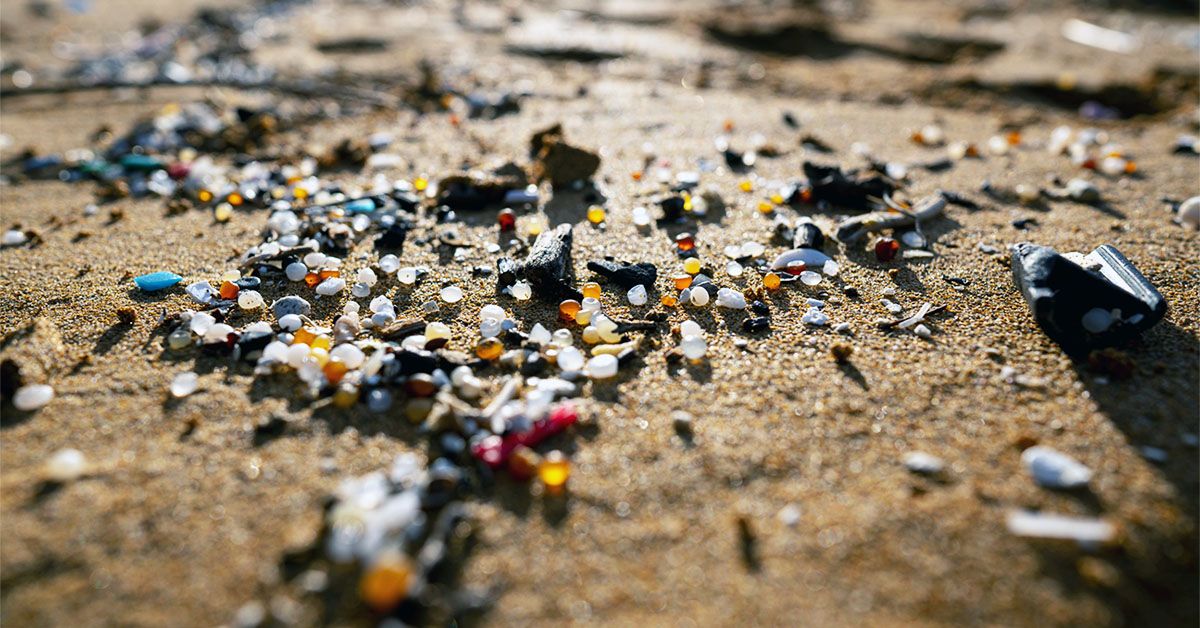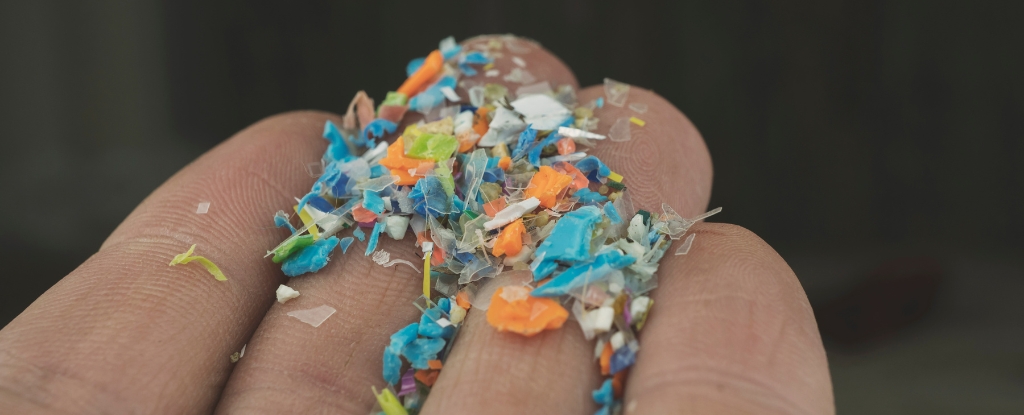- Microplastics-Free
- Posts
- Plastic in Our Minds: Unraveling the Presence of Microplastics in the Human Brain
Plastic in Our Minds: Unraveling the Presence of Microplastics in the Human Brain
Imagine carrying the weight of a plastic spoon—not in your pocket, but within your brain. Recent scientific discoveries reveal that this unsettling scenario might not be far from reality.
What Are Microplastics?
Microplastics are minuscule plastic particles, typically less than 5 millimeters in size, resulting from the breakdown of larger plastic debris or manufactured intentionally for products like cosmetics. These particles pervade our environment, infiltrating the air we breathe, the water we drink, and the food we consume.
Microplastics Penetrating the Brain: Recent Findings
A groundbreaking study published in Nature Medicine has unveiled alarming concentrations of microplastics in human brain tissue. Researchers analyzed samples from individuals who passed away in 2016 and 2024, discovering that the latter group exhibited approximately 50% more microplastics. The accumulation equated to the weight of a plastic spoon—about seven grams—nestled within the brain.
Health Implications: What Does This Mean for Us?
The presence of microplastics in the brain raises significant concerns. While definitive health impacts are still under investigation, potential risks include:
Neurological Effects: Preliminary research suggests that microplastics may contribute to inflammation and cellular damage in neural tissues, potentially affecting cognitive functions.
Dementia Correlation: Notably, individuals diagnosed with dementia were found to have microplastic levels three to five times higher than those without the condition. Although causation has not been established, this correlation warrants further exploration.
Expert Insights
Dr. Matthew Campen, a toxicology professor at the University of New Mexico and lead author of the study, expressed surprise at the findings, stating, "The large amounts in the brain were a surprise because of the blood-brain barrier."
Practical Steps to Mitigate Exposure
While the complete impact of microplastics on human health remains under study, individuals can take proactive measures to reduce exposure:
Opt for Filtered Tap Water: Switching from bottled to filtered tap water can significantly decrease microplastic intake. citeturn0news40
Avoid Heating Food in Plastic Containers: Heat can cause plastics to leach more particles; using glass or ceramic alternatives is advisable.
Be Mindful of Personal Care Products: Some cosmetics contain microbeads; choosing products without these can reduce exposure.
Conclusion
The infiltration of microplastics into the human brain underscores the pervasive nature of plastic pollution and its potential implications for health. While researchers continue to unravel the full extent of these effects, adopting lifestyle changes to minimize microplastic exposure is a prudent step toward safeguarding our well-being.
For further reading on the impact of microplastics and ways to reduce exposure, consider exploring resources provided by environmental health organizations and recent scientific publications on the topic.
